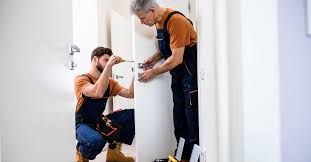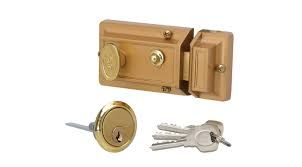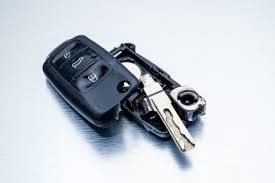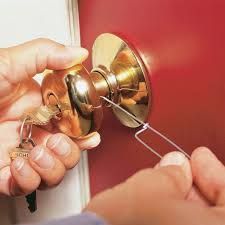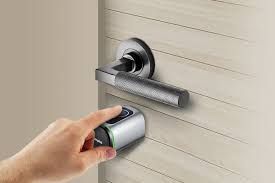Want To Improve Your Home Security? Stop Doing These 3 Things
In today’s date and time when burglaries and thefts have become exceedingly common, ramping up home security is a must! People can no longer trust their old age security locks, and it’s only their advancement that would provide them with the uppermost level of safety.
Burglars are breaking the stereotypes:
There is a widely believed stereotype about burglars that they get active only when the dark of the night falls. However, that’s not the case anymore! A lot of cases, in recent times, have proven that burglars don’t really care about the time of the day before striking their action.
Thus, it is mandatory for everyone to break the stereotype of keeping the house under strict lock and surveillance only during the night, but also keep it secured during the daytime. An up-gradation of home security is the only way one can do that.
Opt for the ‘free of cost’ methods first:
A great thing about having a secure house is that it starts off with steps that cost you nothing! Securing the perimeter of the house is as easy as making it difficult for the burglars to enter. Locked doors keep the intruders away, and the house members secure. A regular security audit is also a good option to opt for, in which the auditors easily evaluate the weaknesses of the house. Timely replacement of weak doors and locks with the new ones keeps the members of the house quite secured. Alongside this, another way to keep your house safe without paying a penny for it is by keeping all the valuable items out of the sight of random visitors.
THREE Things you need to STOP doing to keep your house secured:
Most of the time, it is our own mistake or nonchalant attitude that leads to putting our lives at risk. By committing some really minor mistakes and not taking into account the needs of a secured home, we end up becoming a victim of burglary, theft, or even some gruesome crimes.
1) Weak reinforcement of the door and window frames:
The old-aged, well-learned method for the burglars to break into a house is to kick open the doors and windows. You may think that it is something that usually happens only in the movies, but it is a reality! A lot of exterior doors, when they grow old, end up becoming vulnerable to the force exerted on them. With time, the support of the door frames gets old, and this inadequacy of strength makes them defenseless to even the slightest force exerted on them. Once an outsider with nefarious aims kicks the door with all his force, the door opens up quite easily.
What you need to stop doing, in such a scenario, is relying on the old frames. Strike plates, when attached with these frames, give great strength to even the oldest doors and windows. For that, a few mounting screws do that needful.
ALSO READ: Protecting Your Keyless Entry Vehicle From Theft
2) Relying on old locks:
The old-fashioned locks are easy to open, and all the burglars out there really know how to do that. If you are someone who also relies on these old locks, you are surely risking your life as well as your possessions. Supplementary locking systems are unquestionably a need of the time and are easily available both online as well as in-stores.
3) Not using the alarm systems:
A lot of houses actually do have alarm systems in them, but once they are broken, no one really cares about replacing them. This is one of the leading causes of making people exposed to intruders. Replacing the old alarm systems and using the latest ones really keeps one secured for a very long time.
If you have decided to ramp up the security system of your house, it’s time to put your trust in the Brothers Locksmith. Turn the vulnerability of your family and prized possessions into the utmost level of security, simply by calling the Alabama Fresh Air Locksmith. Their unparalleled locking system services will give you a safe and secure life, forever!
Call Us Any Time!
